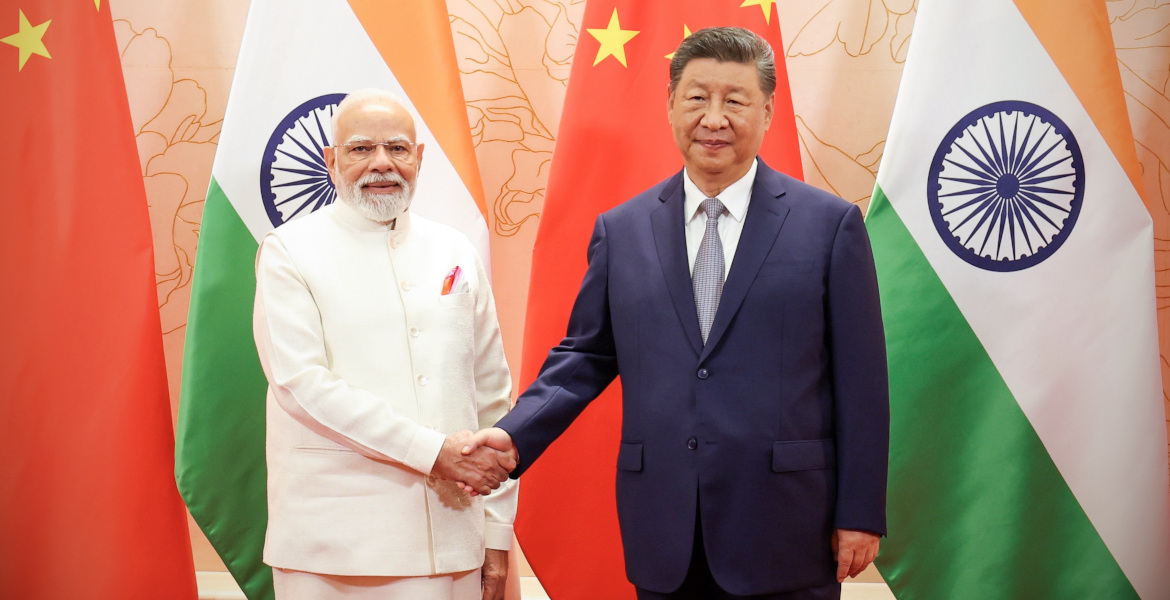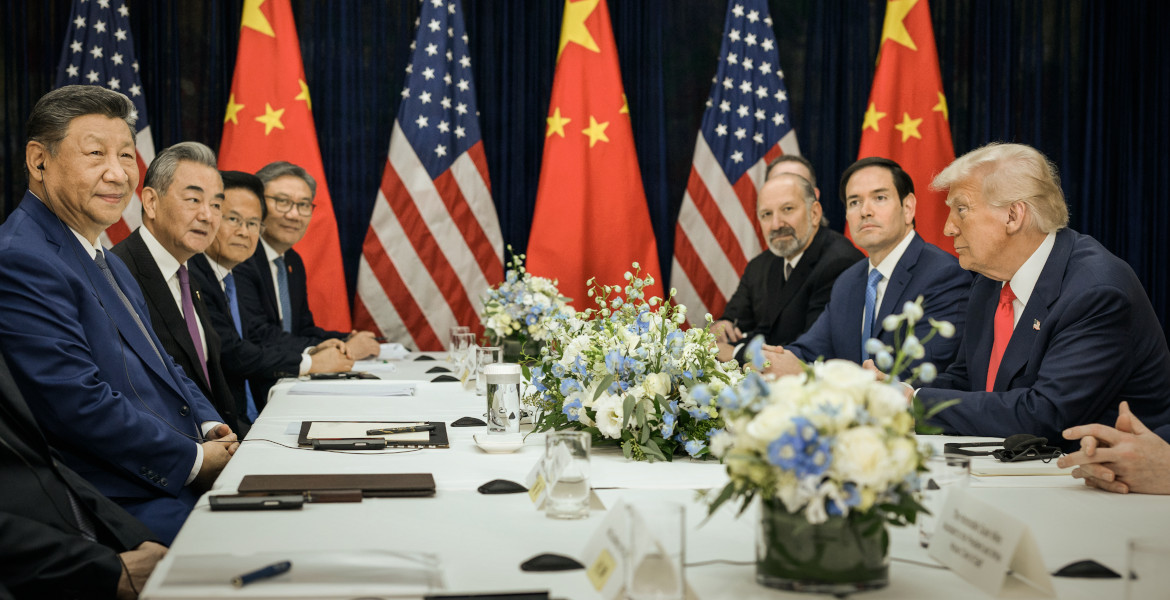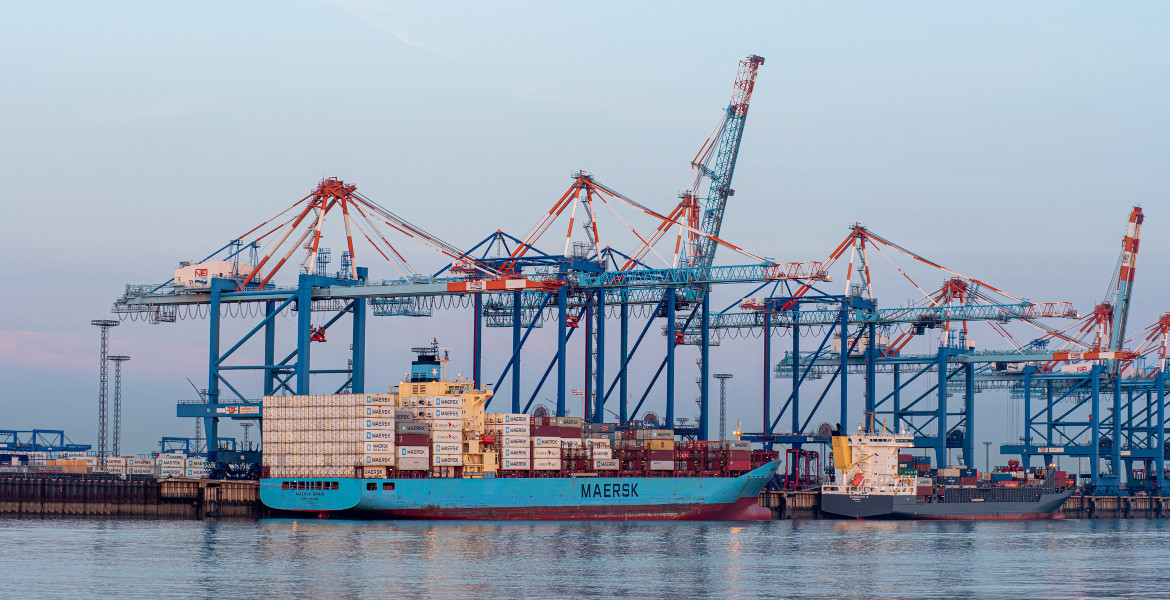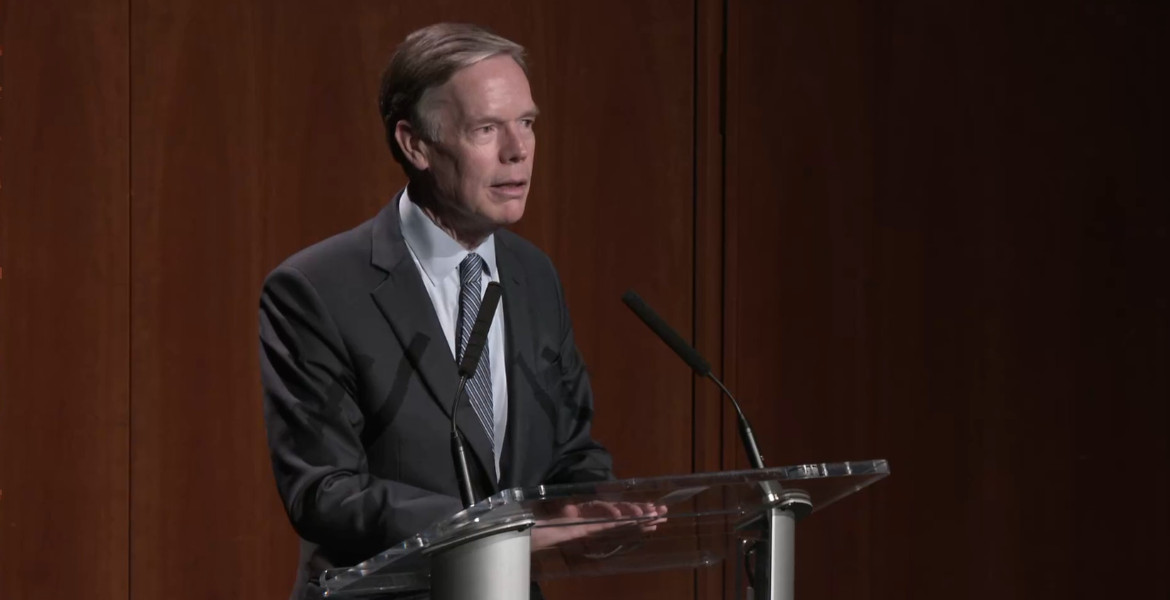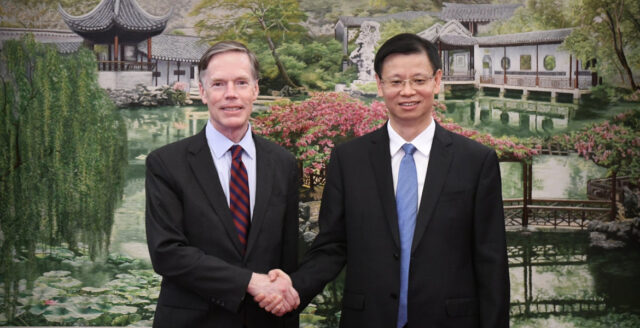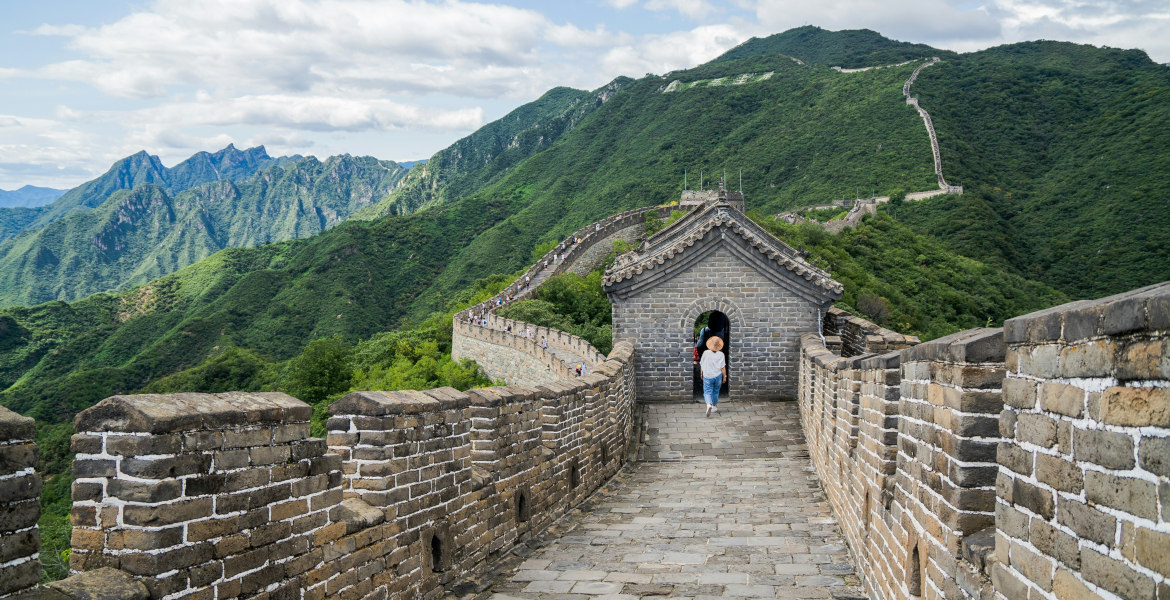Chinese President Xi Jinping launched a frontal attack against Western "hegemony and power politics" when he opened the Shanghai Cooperation Organization (SCO) summit in Tianjin, China.
Before 20 world leaders, he demanded a new world order free from Western dominance and called for a multipolar world with a more equal distribution of power.
At Monday's opening speech before more than 20 world leaders, including Russia's Vladimir Putin and India's Narendra Modi, Xi Jinping urged member countries to continue resisting what he described as bullying behavior within the international system.
— The global situation remains volatile and turbulent. We must reject bullying, oppose external interference, and safeguard the legitimate development rights of all countries, Xi warned.
The Chinese leader invoked what he called the "Shanghai Spirit" – principles that according to Xi are based on mutual trust, mutual benefit, equality, consultation and respect for different civilizations. He also praised the progress SCO has made since its founding in 2001 and presented new priorities for the organization.
— We should advocate an equal and orderly multipolar world and a universally beneficial and inclusive economic globalization, and make the global governance system more just and equitable, the Chinese president continued.
At the #SCO Tianjin Summit, President Xi Jinping proposed the Global Governance Initiative (GGI), highlighting five principles:
adhering to sovereign equality
abiding by international rule of law
practicing multilateralism
advocating the people-centered approach
and… pic.twitter.com/frNLeexGPI— Xie Feng 谢锋 (@AmbXieFeng) September 1, 2025
He emphasized that members must "oppose the Cold War mentality, bloc confrontation, and bullying practices" – terms that Beijing often uses to criticize US and Western policies.
— We uphold justice and fairness, and oppose hegemony and power politics. Constructive participation in international affairs must be based on respect, not domination, he continued.
Summit amid tariff crisis
Xi described all SCO members as "friends and partners" and called for forms of cooperation that benefit all parties while respecting national differences. He also called for strengthened cultural and social exchange between peoples, evidence-based decision-making within the organization and improved strategic communication.
— Joint cooperation makes it possible for all cultures to flourish in prosperity and harmony, he assured.
The statements come after China's sharp condemnation of Trump's recently imposed tariffs against several countries, including India.
Had an excellent meeting with President Putin on the sidelines of the SCO Summit in Tianjin. Discussed ways to deepen bilateral cooperation in all sectors, including trade, fertilisers, space, security and culture. We exchanged views on regional and global developments, including… pic.twitter.com/DhTyqOysbf
— Narendra Modi (@narendramodi) September 1, 2025
The US and China currently have a fragile ceasefire in the tariff conflict after Trump postponed the reintroduction of high tariffs against Beijing by 90 days. Last week, however, Trump threatened 200-percent tariffs if China restricts exports of rare earth magnets to the US.
Xi also emphasized the need for strengthened multilateralism and that the UN's role as well as the global trade system must be preserved.
Growing economic influence
The SCO countries' combined GDP approaches €27 trillion and the organization's global influence is expanding at a corresponding pace, noted the Chinese leader who also established that members today work together to handle challenges within security, environmental issues and innovation.
China's trade with the organization's member states has exceeded €2.1 trillion, and Xi particularly highlighted projects within Beijing's Belt and Road Initiative and how Chinese investments in member countries have already passed $84 billion.
During the summit, which gathered representatives from over 20 nations in Asia, Europe and the Middle East as well as from the UN and ASEAN, China presented several concrete proposals. They called for rapid creation of an SCO development bank and a new regional center for various types of security challenges. Additionally, Xi Jinping announced 100 small-scale livelihood projects to be implemented in member states.
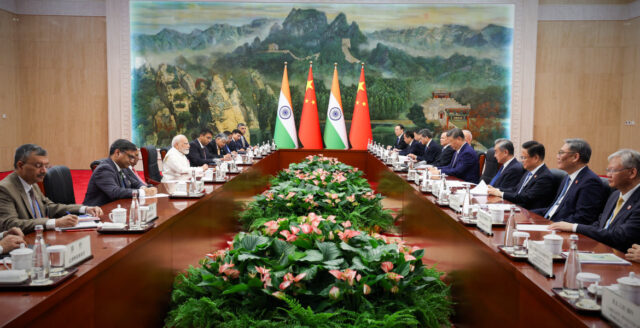
Xi also promised additional investments in education and training of scientific and technical skills to support future growth within the region.
— The organization has set a model for a new type of international relations, he said and promised to work to lift SCO to new heights.
The summit in Tianjin shows according to analysts how China is systematically building alternatives that can challenge Western institutions, and analysts point out that SCO's growing economic weight gives Xi's vision of a multipolar world increasingly greater impact.
What is the SCO?
The Shanghai Cooperation Organisation (SCO) is an economic and security alliance founded in 2001. The organization encompasses over 20 nations from Asia, Europe and the Middle East, including the major powers China, Russia and India. The combined GDP of SCO countries approaches $30 trillion, making the organization one of the world's largest economic blocs.
Originally, the SCO focused on security issues and counter-terrorism in Central Asia, but has expanded to include economic cooperation, trade and cultural exchange. China views the organization as a counterweight to Western alliances such as the G7 and NATO, and under Xi Jinping's leadership, the SCO has increasingly positioned itself as a platform for a "multipolar world order" free from Western dominance.
